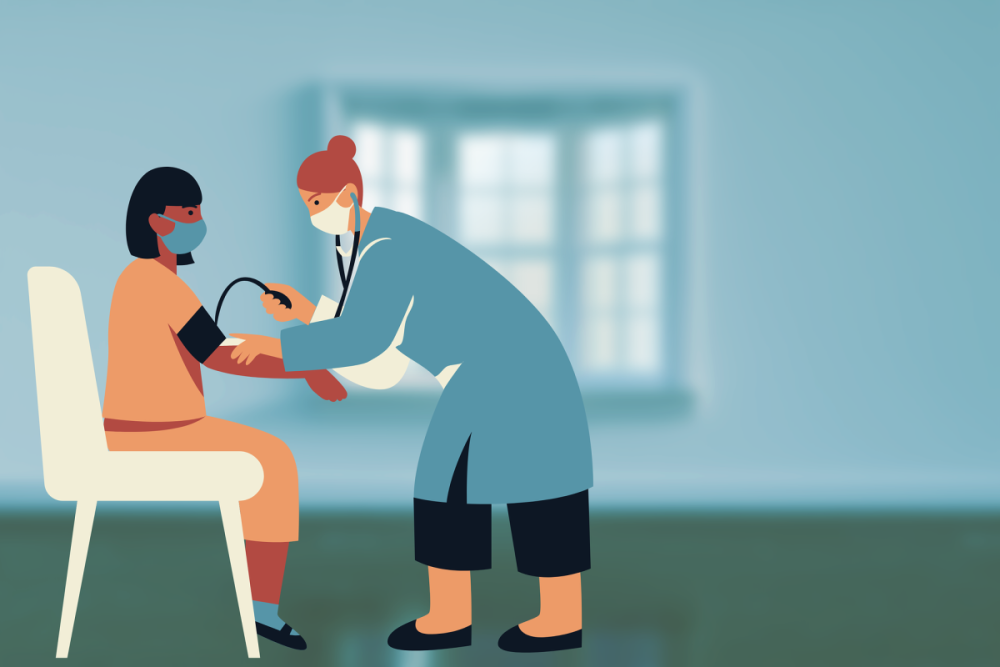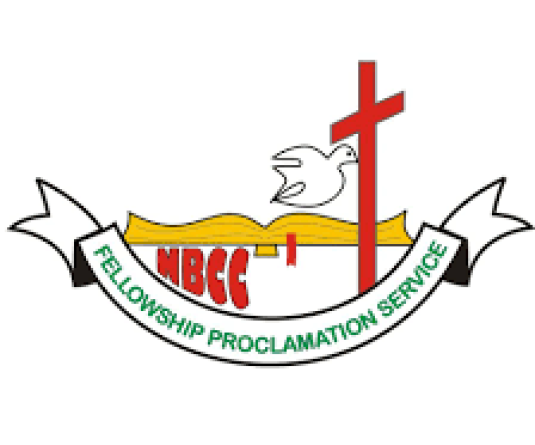Photo Courtesy: Image by Moondance from Pixabay | For representational purpose only

Neuro-Rehabilitation Stroke Team
CIHSR (Referral Hospital)
Stroke rehabilitation is a complex; multidisciplinary process aimed at maximizing recovery and improving the quality of life for stroke patients. It involves a team of specialized healthcare professionals working collaboratively to address the physical, cognitive, functional, and speech-related challenges faced by stroke patients.
The following outlines the specific roles and contributions of each team member toward recovery.
At the core of this team are Physiatrists, also known as Physical Medicine and Rehabilitation (PM&R) doctors. They play a pivotal role by evaluating neurological deficits, providing prognostic (recovery) insights, and developing individualized treatment plans tailored to each patient’s unique needs. Physiatrists coordinate multidisciplinary care, overseeing therapies such as physical, occupational, and speech therapy. They also manage secondary complications like spasticity (muscle tightness) and pain, recommend appropriate assistive devices, monitor progress, and adjust treatment strategies accordingly. Education forms an essential part of their role, as they guide patients and families through the recovery process and adaptation strategies, with the ultimate goal of enhancing community reintegration and independence.
Physiotherapists contribute by focusing on restoring mobility and preventing complications after a stroke. They conduct comprehensive evaluations to establish individualized goals and develop targeted exercise programs. Their interventions aim to improve muscle control, balance, and coordination, with particular emphasis on mobility and gait training. Through these efforts, physiotherapy facilitates functional recovery, helping patients regain walking ability and independence while enhancing their overall quality of life.
Occupational Therapists (OTs) are integral in helping patients regain independence in daily activities. They assess functional abilitiessuch as motor skills, coordination, and cognitive (Mental) functions, and provide targeted interventions to improve these areas. OTs adapt tasks and environments to support safe participation in everyday life. Through education and training, they empower both patients and caregivers, promoting confidence and independence in daily living.
Prosthetists and Orthotists contribute by restoring mobility and preventing deformities. They assess patients and prescribe orthotic devices such as ankle-foot orthoses (AFOs) for foot drop, hand splints to prevent contractures, and shoulder supports to manage subluxation (partial dislocation). Regular follow-ups ensure these devices continue to meet patients’ evolving needs, improving movement, stability, and independence.
Speech Therapists focus on restoring communication abilities and managing swallowing difficulties. They help patients regain skills in speaking, understanding, reading, and writing, which may be affected by stroke. They also assess and treat swallowing disorders to ensure safety and adequate nutrition. Through individualized therapy and caregiver education, Speech Therapists promote effective communication, confidence, and improved quality of life for stroke survivors.
Stroke Nurse Educators play a vital role in the continuum of care, working alongside the multidisciplinary team to deliver personalized care plans. They educate patients and caregivers about recovery strategies, early warning signs of complications, and the importance of treatment adherenceempowering caregivers to manage conditions effectively and support ongoing recovery.
Psychiatrists play a role in identifying post-stroke psychiatric complications which are common, with depression affecting approximately 20% of patients, often emerging within the first month. Other psychiatric concerns, such as anxiety disorders, personality changes, and psychotic symptoms, may also occur. Given this broad spectrum of potential sequelae, Psychiatrist provide appropriate interventions, including pharmacological treatment, psychotherapy, or both, to support recovery and improve quality of life.
Clinical Psychologists contribute by conducting neuropsychological assessments to identify cognitive strengths and difficulties, to set personalized goals for cognitive remediation. They also identify psychological and emotional issues to enhance recovery through psychotherapy, addressing secondary concerns related to stroke, and supporting caregivers in the recovery process.
In conclusion, stroke rehabilitation goes beyond physical recovery, it empowers individuals and families to restore independence, manage secondary complications, and achieve the best possible quality of life through coordinated multidisciplinary teamwork.
The Neuro-Rehabilitation Stroke Teamat CIHSR (Referral Hospital), comprising the above-mentioned professionals, conducts clinics every Friday. The team focuses on evaluation, planning, and setting realistic goals and targets to guide each patient’s rehabilitation process.




.jpg)
.jpg)
